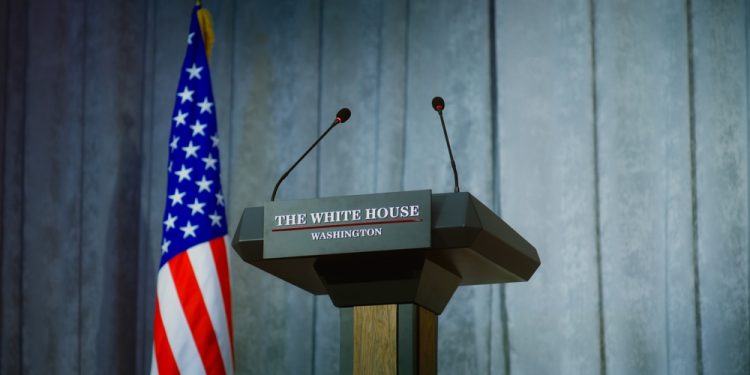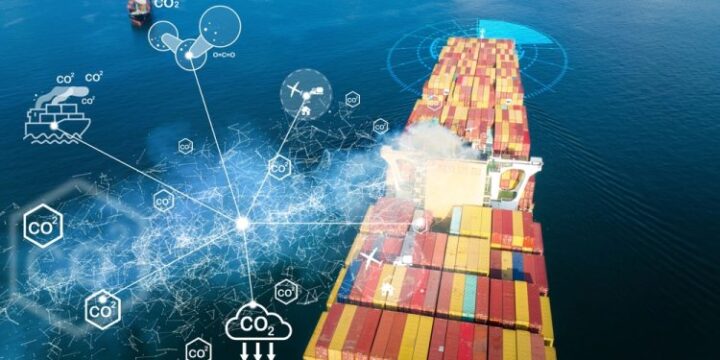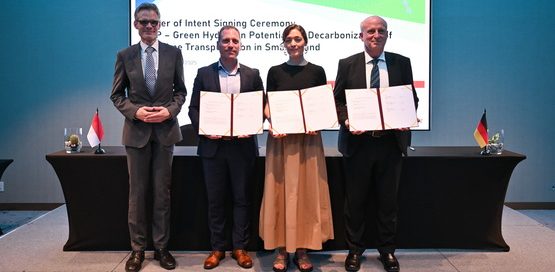August 13, 2025

On 12 August, the Trump Administration announced its firm opposition to a proposed international environmental agreement aimed at reducing greenhouse gas emissions in the global shipping sector, known as the “Net-Zero Framework.”
In a joint statement, Secretary of State Marco Rubio, Secretary of Commerce Howard Lutnick, Secretary of Energy Chris Wright, and Secretary of Transportation Sean Duffy said the framework amounts to “a global carbon tax on Americans levied by an unaccountable UN organization.” Administration officials argue that the proposed fuel and emissions standards would disproportionately harm the United States by mandating the use of costly alternative fuels that are not yet available at scale.
Key elements of the IMO Net-Zero Framework
The goal is to achieve the climate targets set out in the 2023 IMO Strategy on the Reduction of GHG Emissions from Ships, accelerate the introduction of zero and near zero GHG fuels, technologies and energy sources, and support a just and equitable transition.
Under the draft regulations, ships will be required to comply with:
- Global fuel standard: Ships must reduce, over time, their annual greenhouse gas fuel intensity (GFI) – that is, how much GHG is emitted for each unit of energy used. This is calculated using a well-to-wake approach.
- Global economic measure: Ships emitting above GFI thresholds will have to acquire remedial units to balance its deficit emissions, while those using zero or near-zero GHG technologies will be eligible for financial rewards.
They say such measures would undermine U.S. leadership in lower-emissions technologies like liquefied natural gas (LNG) and biofuels, while giving an economic advantage to China.
These fuel standards would conveniently benefit China by requiring the use of expensive fuels unavailable at global scale. These standards would also preclude the use of proven technologies that fuel global shipping fleets, including lower emissions options where U.S. industry leads such as liquified natural gas (LNG) and biofuels.
… said the statement.
The statement also warned that the framework would force ships failing to meet the new standards to pay steep fees, potentially adding millions of dollars in costs for even small vessels. According to the administration, these costs would ripple through the U.S. economy, raising prices for energy, transportation, shipping, and leisure cruises.
“President Trump has made it clear that the United States will not accept any international environmental agreement that unduly or unfairly burdens the United States or harms the interests of the American people,” the secretaries said.
The administration pledged to “fight hard to protect the American people and their economic interests,” signaling it would seek support from other IMO members to oppose the measure and consider retaliatory actions if it passes.
The IMO is set to debate and potentially vote on the “Net-Zero Framework” during its Marine Environment Protection Committee (MEPC) session (14 – 17 October) in London.

